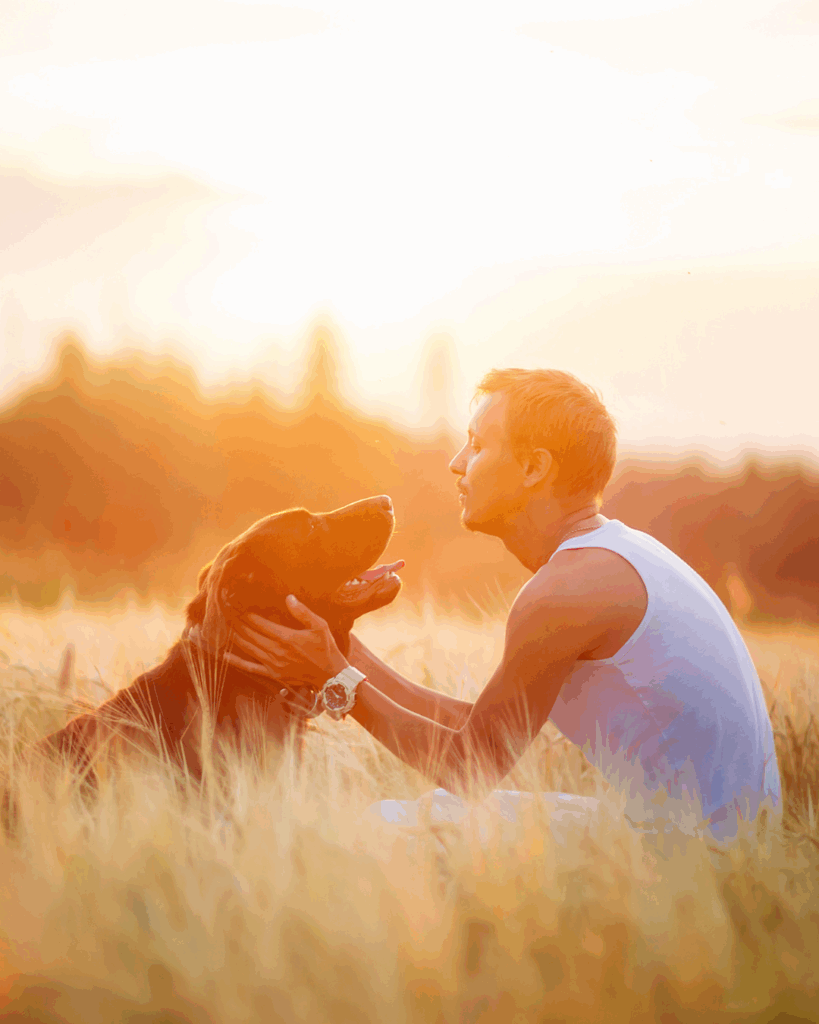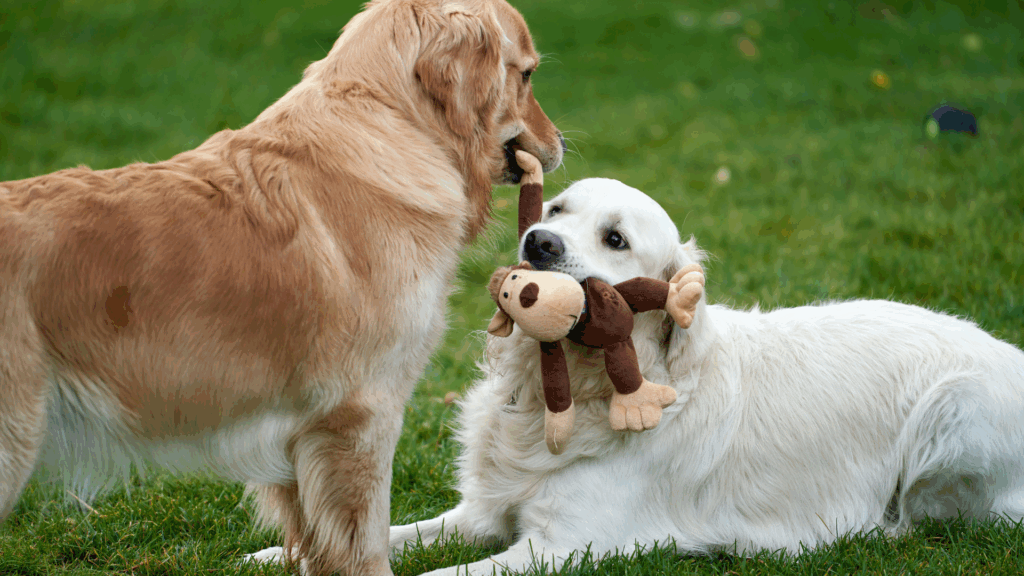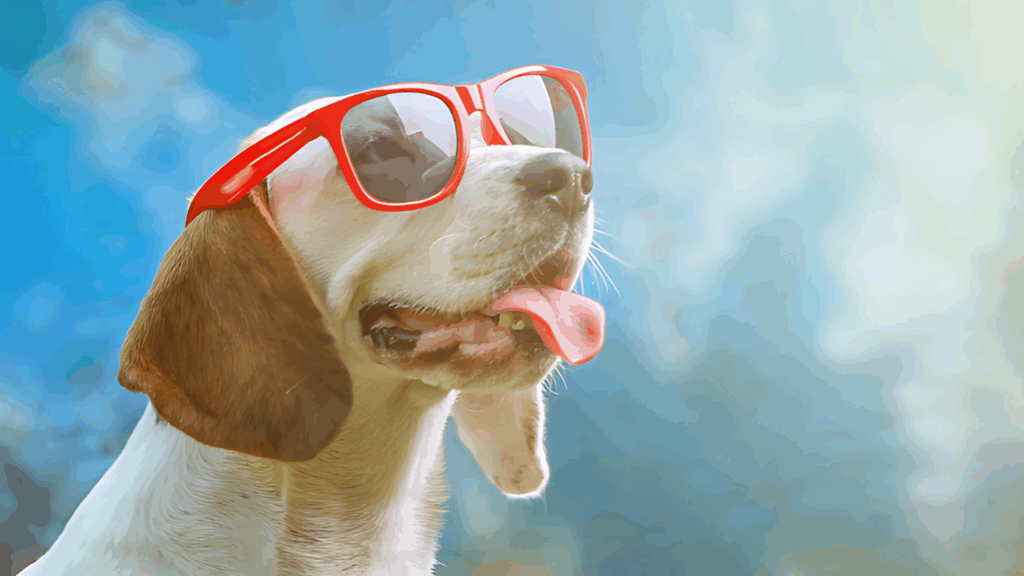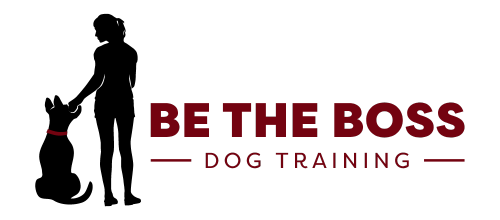Who loves to see their dog excited? We talk in high-pitched energetic voices to our dog when it’s time to go for a walk, eat dinner, leave the house, and even go for a car ride. It gives us the warm fuzzies when we think we see our dog excited for these activities.
I’m here to tell you to STOP IT.
There are VERY few dogs who can handle getting ramped up with excitement and then make GOOD choices. Would you ramp your kids up and then expect them to sit still in church for 3 hours? Or promise you are going to Disneyland and then expect them to fall asleep?
This is EXACTLY what we are doing to our dogs.
We encourage our dogs to go out of their MIND with excitement for a walk, and then we have the ability to be surprised when they bark, yank us around, and lunge at people on walks. We encourage our dogs to bark when the doorbell rings, and then wonder why we can’t get them to calm down?
We encourage out-of-control behavior (through ignorance of dogs as a species) and then wonder why they bark, bite, jump and destroy things in our home.
There is a time and place for excitement. You can play chuck-it at a park, run with your dog, go camping, go swimming and have designated toy times.
Help your dog make good choices. Speak calmly, teach them what’s expected in the home…and remember to include designated “fun” days!
More Tips
Check out our other posts

How Long Does It Take to See Progress in Dog Training?
Wondering why your dog’s training feels stuck—or when you’ll finally see real progress?
This blog breaks down the truth behind training timelines and what actually influences how fast your dog learns. From busting the myth of “easy breeds” to showing you what progress really looks like (even if it’s not perfect yet), you’ll get clear, practical insights designed to help you move forward with confidence.
Discover the fastest fixes for frustrating behaviors, why skipping structure always backfires, and how to spot the early signs that your dog is getting it—even if it doesn’t look like obedience just yet.
👉 Tired of guessing how long it’ll take? Click here to read the full blog!

Why Do My Dogs Fight at Home but Get Along Outside?
Tired of peace at the dog park and chaos at home? You’re not crazy—just caught in the middle of some serious pack politics. This blog breaks down why your dogs fight indoors but play nice outside, and what you can do to restore the calm (without giving up your couch). From jealousy to turf wars, you’ll get the clarity and quick wins you’ve been missing.
Are your dogs total angels outside but drama queens at home?
👉 Click here to read the full blog!

Beat the Heat: How to Keep Your Dog Cool, Calm & Well-Behaved All Summer
Too hot to handle? Don’t sweat it—literally. This summer survival guide shows you how to keep your dog cool, calm, and well-behaved without melting in the heat. From mental games to water play, you’ll get easy, low-effort ways to avoid the “bored and naughty” summer dog syndrome.
Is your dog acting out more now that it’s too hot for regular walks?
👉 Click here to read the full blog!

4 Secrets to Helping Your Reactive Dog Stay Calm Around Triggers
Reactivity isn’t always loud and dramatic—sometimes the biggest breakthroughs happen when nothing happens at all. Calm glances, quiet moments, and subtle check-ins are what retrain your dog’s brain. You don’t need perfection, just consistency and timing. Want to know the 4 secrets that make reactivity training actually work?
👉 Click here to read the full blog!

